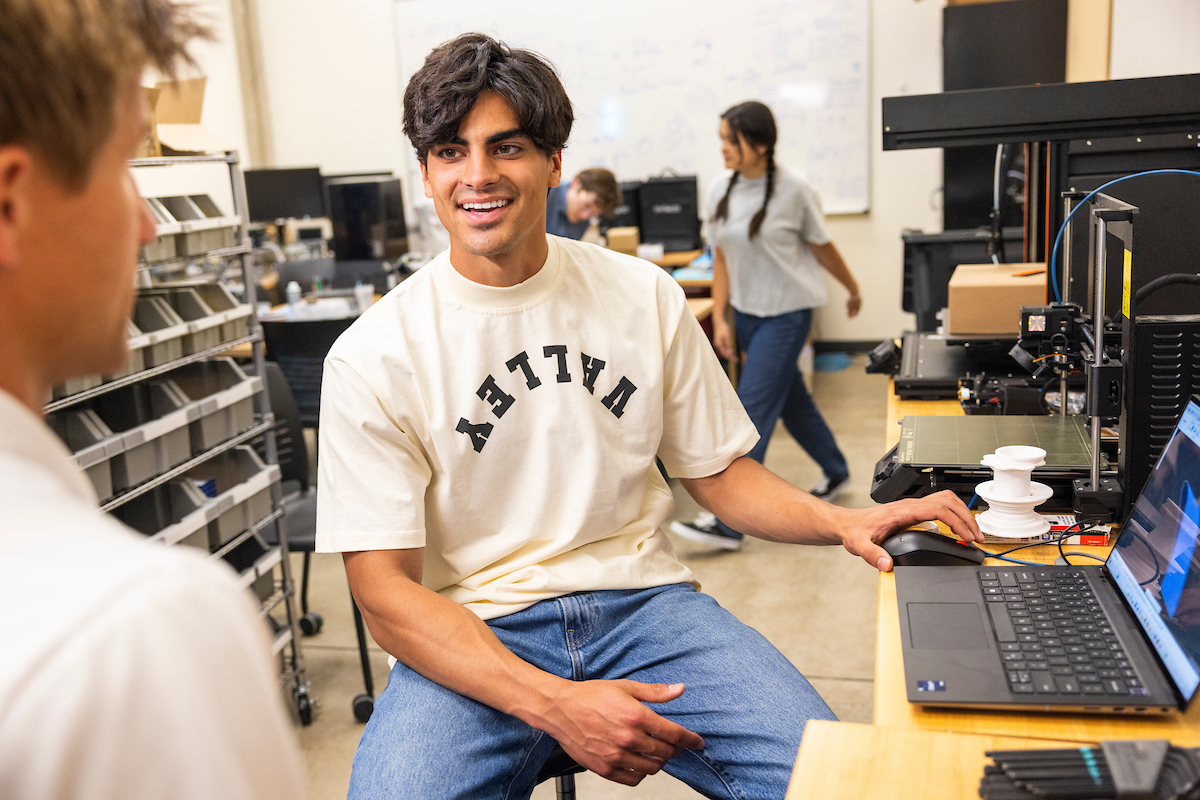This op-ed was co-authored by Pablo Garcia Quint, a Technology and Innovation Policy Fellow at Libertas Institute, and originally appeared in San Gabriel Valley Tribune on January 27, 2025.
Humanoid robots are no longer a distant vision of the future — they’re quickly becoming a reality, and some of the world’s most ambitious companies are leading the charge. Nvidia, Tesla, and Amazon aren’t simply experimenting with humanoid robotics; they’re shaping the foundation of a future where these robots are as ubiquitous as smartphones.
Nvidia is planning to expand past AI in 2025 and launch Jetson Thor, a computing platform for humanoid robots. In 2024, Tesla gave a sneak peek at its Optimus robot, which Elon Musk described as potentially more valuable than Tesla’s entire car business. And Amazon’s deployment of Agility Robotics’ Digit in fulfillment centers underscores the shift from concept to reality. Goldman Sachs even put a number on it, estimating the humanoid robot market to reach $38 billion in two decades.
But with every technological leap comes fear.
Labor displacement looms large in public discourse, with some public figures, like Elon Musk, looking at scenarios of no jobs and loss of meaning in life, and others with predictions of future decreased labor demand and wages. Yet history shows us that this isn’t the end of work — it’s a step towards a better future.
Take financial services, for example. That didn’t collapse under the weight of algorithmic trading and data-driven models. Instead, those technologies actually created entire job categories in quantitative analysis and IT while improving market efficiency and stability.
The Healthcare sector too was revolutionized by the technology of Electronic Health Records and automated diagnostic tools that not only streamlined patient care but also gave rise to specialized roles in health informatics and medical IT support.
For retail, automation in warehouses hasn’t crushed the sector’s jobs — it’s created new opportunities in logistics, robotics maintenance, and e-commerce support, all while making 24/7 shopping a reality.
There’s the same potential in humanoid robots. Some initiatives are already trying to replace tedious, dangerous, and physically taxing jobs. You can bet that if robots step in to do the job, an entire industry focusing on the development and maintenance of these robots will emerge too.
Furthermore, these robots can be developed in industries to step into unfilled roles — like the 8.5 million manufacturing jobs in the U.S. — and perform tasks humans either don’t want or can’t do safely.
Humanoid robots could also play a crucial role in addressing the challenges posed by today’s declining population trends. In the U.S., fertility rates dropped by 15% between 2010 and 2020, and baby boomer retirements are accelerating. By 2032, total employment growth is projected to slow to just 0.3% annually, with participation rates dropping to 60.4%. Robots like Tesla’s Optimus and other Nvidia-powered humanoids can supplement this shrinking workforce, filling gaps while sparking entirely new markets.
However, skeptics and critics of this technological shift focus their attention on worst-case scenarios, often overlooking the tremendous opportunity costs of not embracing this opportunity.
It would be more challenging to pursue further innovations in robotics if there is a future where bureaucratic red tape throttles the development of humanoids, leaving us with the same labor shortages, stagnant productivity, and industries bogged down with inefficiencies. The real threat to human progress isn’t the humanoid robots — it’s the regulation that stifles them.
Of course, transitions like this need to be managed thoughtfully. The displacement of certain roles is inevitable, and it’s our job to ensure workers aren’t left behind. History shows that when technology changes, new opportunities follow. The key is to prepare workers and future-proof them against AI displacement. Short, practical training programs, such as micro-credentials, can help people quickly switch to new jobs. These programs are faster and cheaper than college and can lead to better-paying careers.
Viewing humanoid robots as a threat is just as detrimental to progress and development as considering AI itself dangerous. While it’s crucial to acknowledge and regulate the risks, the potential of humanoid robots to benefit humanity should be maximized. At the same time, any challenges they present should be addressed without stifling innovation.









